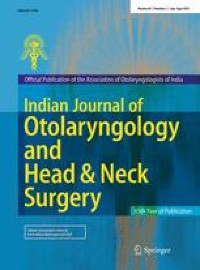Abstract
The role of tracheotomy during the pandemic remains to be determined for severe COVID-19 pneumonia. We evaluated the effect of tracheotomy on prognostic markers and assessed 4 weeks survival in terms of clinical and biochemical characteristics of patients and time and type (open or percutaneous) of the operation. We performed a retrospective study considering ICU patients with COVID-19 pneumonia and tracheotomy, between May 30 and December 31, 2020. Four weeks survival postoperatively and alteration of biochemical markers were analyzed. 24 patients with COVID-19 pneumonia and tracheotomy, included in this study. Median age was 68.3 years (range 38–90) with male:female ratio 16:8. All the patients were diagnosed with COVID-19 pneumonia considering clinical symptoms and COVID-19 specific CT findings. RT-PCR test results were positive in 58.3%. Prognostic markers were found to be increased postoperatively with both types of surgery (75%). 1 week and 4 weeks survival after the operation was 66.7% and 45.8%, respectively. 4 weeks survival was decreased significantly with NLR ≥ 10 compared to NLR < 10 (15.3–81.8%). Nevertheless, 4 weeks survival differences between males and females (12.5% and 62.5%) and between age ≤ 50 and > 50 (100% and 35%) were also found to be statistically significant. Patients with younger age, male gender, and NLR < 10, were found to have longer survival after tracheotomy. Positive PCR results and preoperative critically increased biochemical markers were related to decreased survival. The number of comorbidities, time and type of surgery, and postoperative increment of prognostic markers seemed not to affect survival.



Δεν υπάρχουν σχόλια:
Δημοσίευση σχολίου
Σημείωση: Μόνο ένα μέλος αυτού του ιστολογίου μπορεί να αναρτήσει σχόλιο.